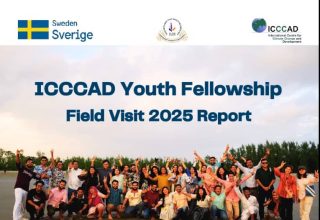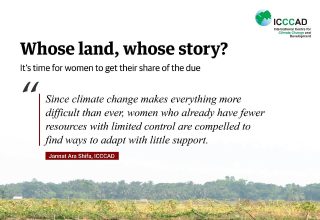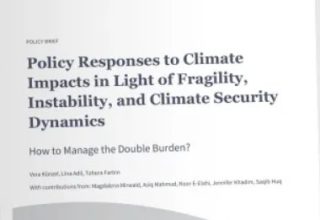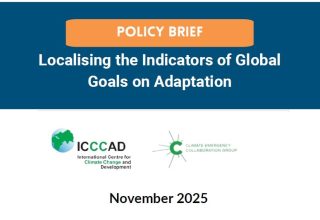The 2009 pledge to mobilize US$100 billion a year by 2020 in climate finance to developing nations was not specific on what types of funding could count. Indeterminacy and questionable claims make it impossible to know if developed nations have delivered; as 2020 passes, opportunity exists to address these failures in a new pledge.
At the 2009 Copenhagen climate negotiations, lagging action by the world’s wealthier nations on reducing emissions led developing countries to threaten to walk out. Their demand was a major promise of funding to help them cope with climate impacts and to do the work of reducing or avoiding emissions1. In response, developed nations committed to provide “scaled up, new and additional, predictable and adequate funding” to meet “a goal of mobilizing jointly US$100 billion per year by 2020 to address the needs of developing countries”2. However, this US$100 billion per year climate finance promise had deep flaws, making it impossible to now assess whether it has been met. The original pledge stated that “this funding will come from a wide variety of sources, public and private, bilateral and multilateral, including alternative sources of finance”2, but specified no rules on what could be counted in those categories. As we embark upon a pivotal decade ahead for climate change, there is opportunity to take stock of what has come to pass since Copenhagen on climate finance and develop a functional post-2020 model.
Authors:
J. Timmons Roberts, Romain Weikmans, Stacy-ann Robinson, David Ciplet, Mizan Khan & Danielle Falzon
Article Link

























